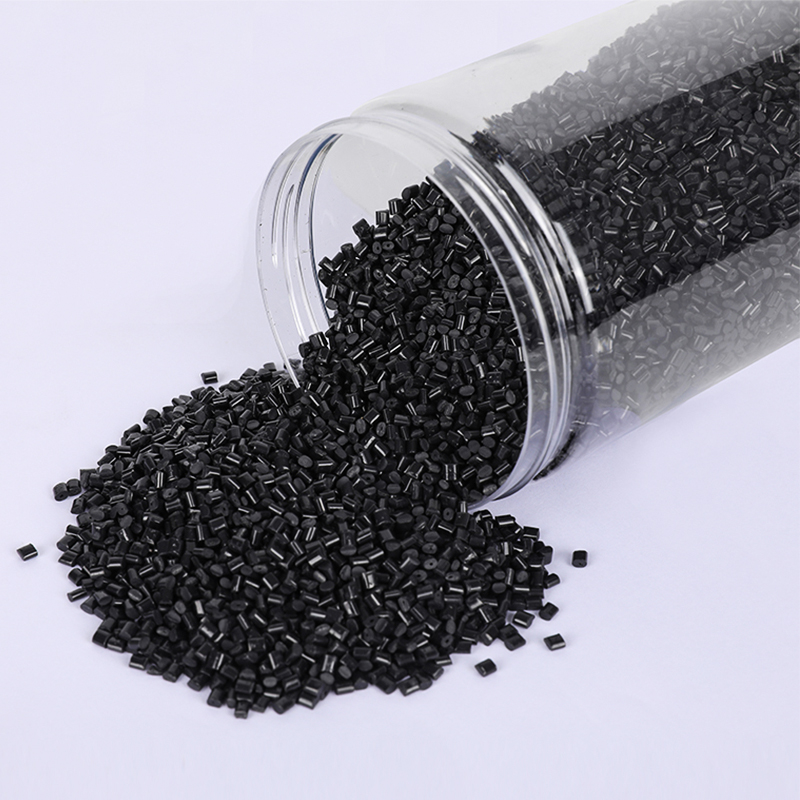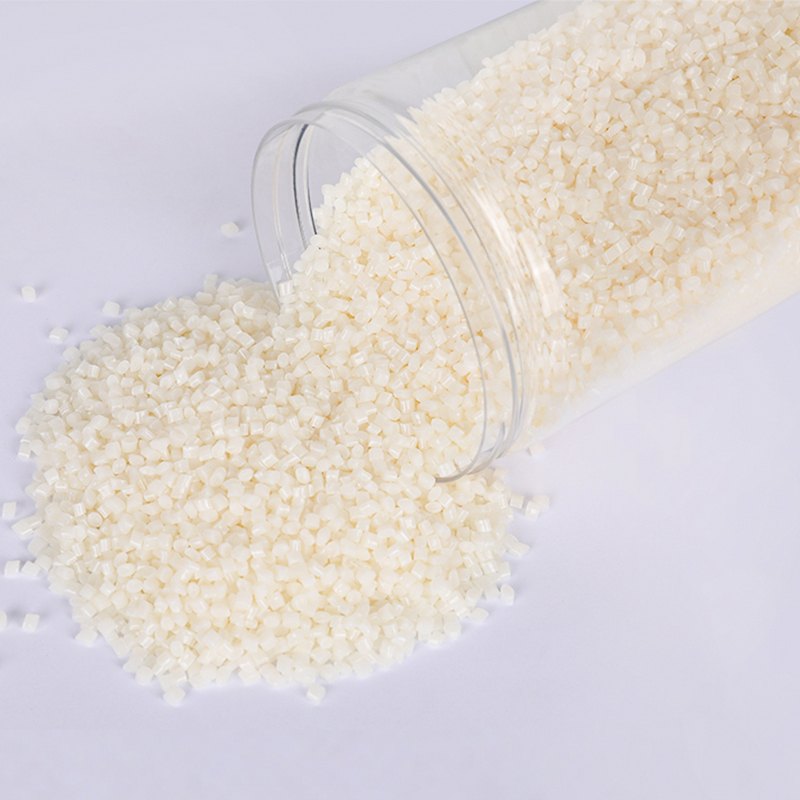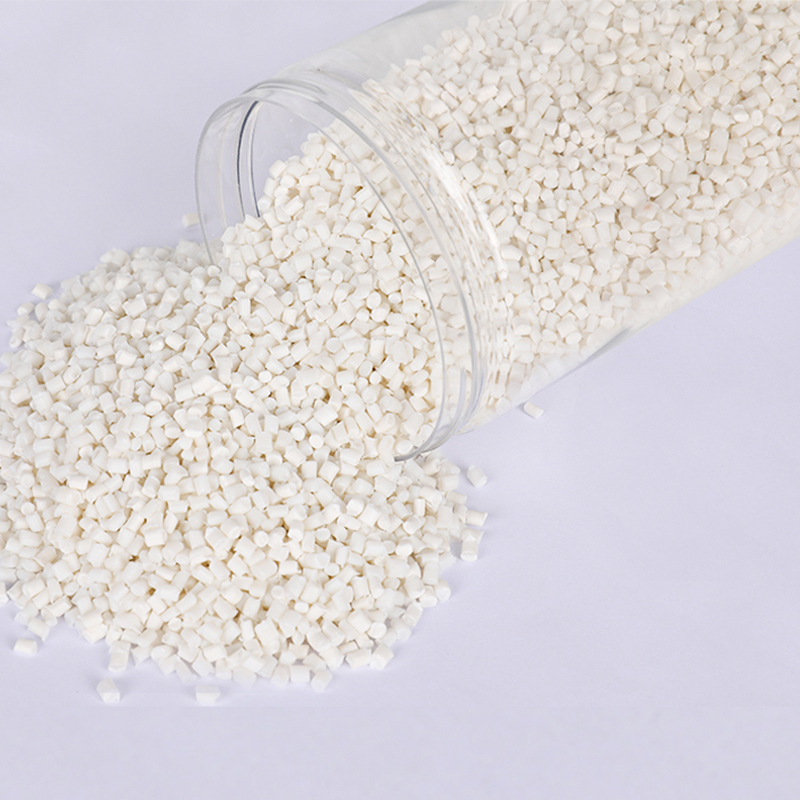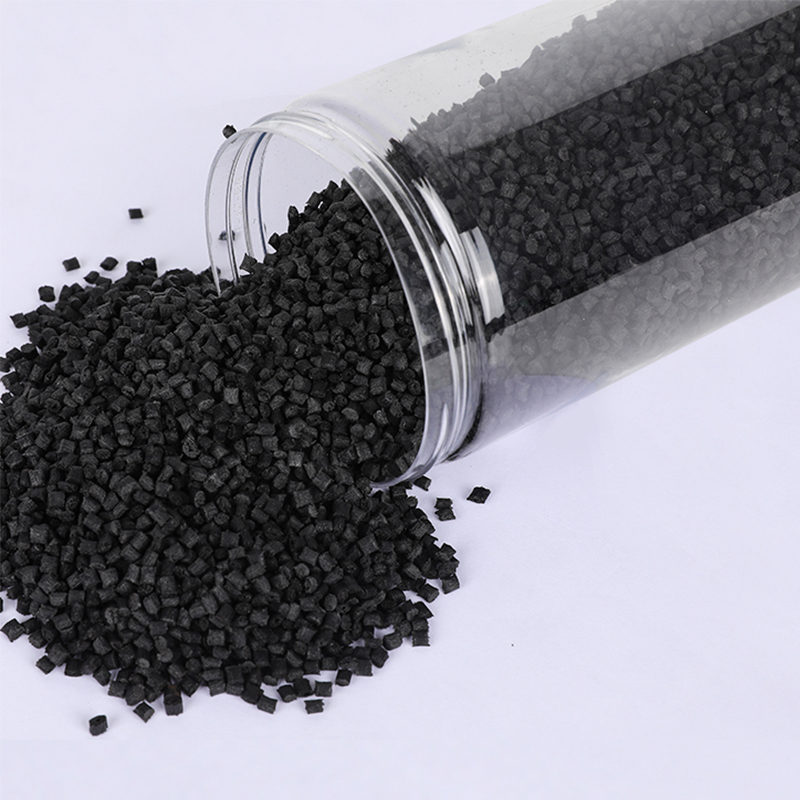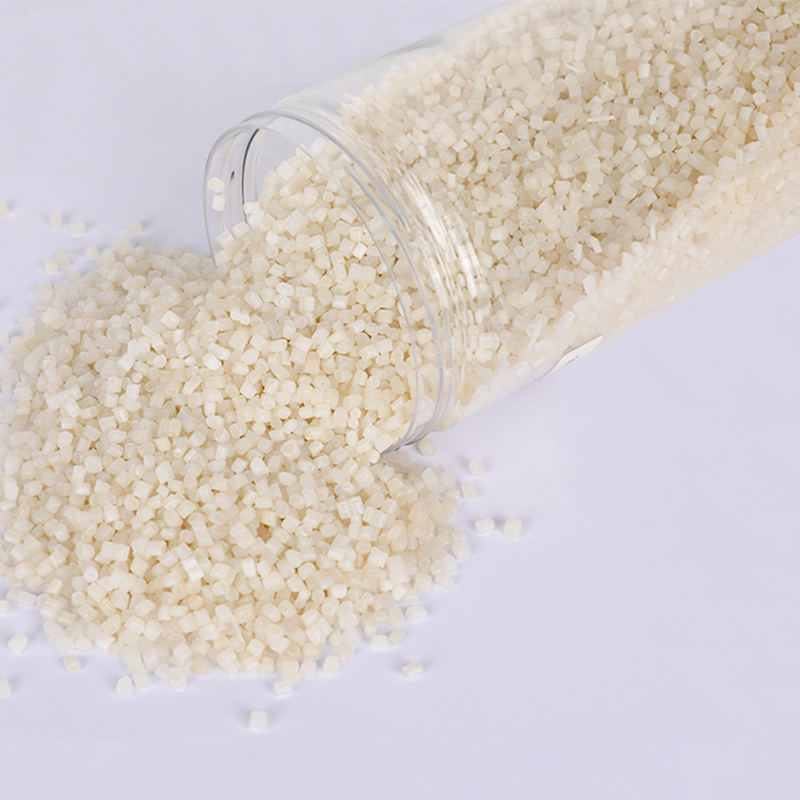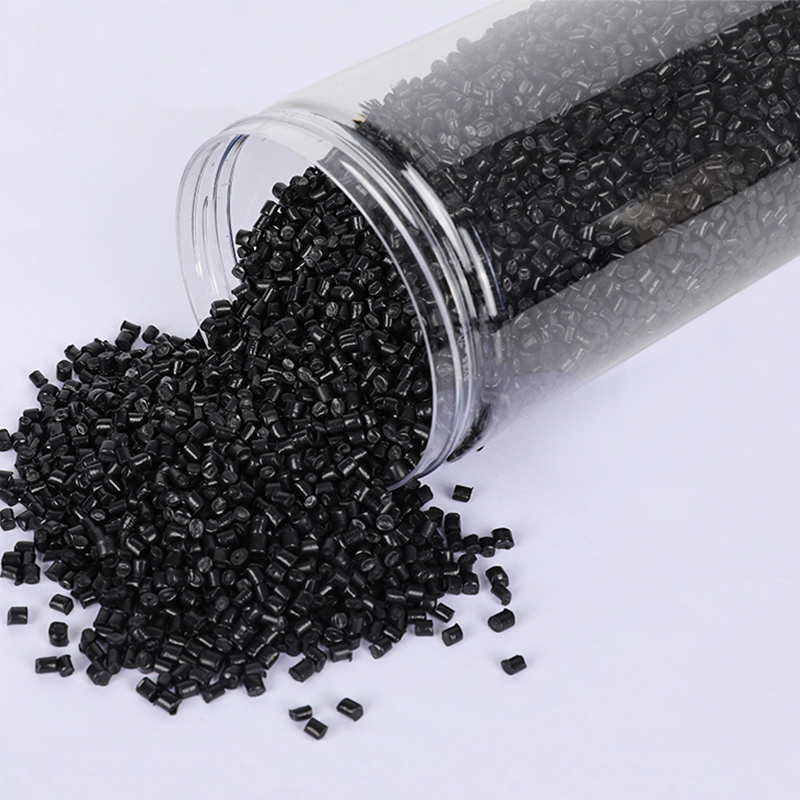Stay up to date with our recent products
Web Menu
Product Search
Exit Menu
What are the benefits of using RPE in manufacturing?
Resource Conservation and Waste Reduction
At its core, RPE embodies the concept of resource conservation. By repurposing post-consumer or post-industrial plastic waste, RPE reduces the strain on natural resources. This shift from virgin polyethylene to RPE not only conserves raw materials but also diminishes the volume of plastic waste destined for landfills or oceans. It's a dual-purpose approach that addresses resource scarcity while tackling the pressing issue of plastic pollution.
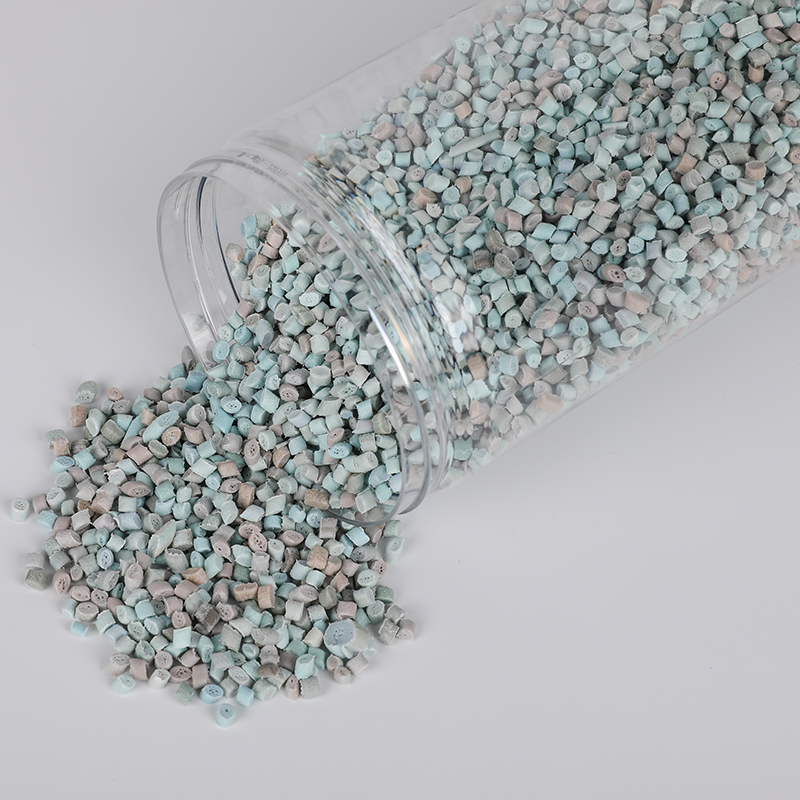
The production of RPE entails a significantly lower energy expenditure compared to virgin polyethylene. Recycling plastic involves melting and reforming existing materials, bypassing the energy-intensive processes of extracting and refining raw materials. This energy-saving characteristic not only aligns with sustainability objectives but also translates into cost savings for manufacturers. In an era marked by fluctuating raw material prices, RPE offers a stable and cost-effective alternative.
Lower Carbon Footprint and Environmental Stewardship
The adoption of RPE contributes to a lower carbon footprint across the manufacturing spectrum. Reduced energy consumption and resource utilization lead to diminished greenhouse gas emissions, making RPE a key player in climate change mitigation efforts. Moreover, by choosing RPE, manufacturers actively participate in environmental stewardship by curbing plastic pollution and promoting a circular economy.
Versatility and Quality Assurance
One might question the quality and versatility of products made from Recycled Resin Polyethylene compared to those from virgin polyethylene. However, advancements in recycling technologies have bridged this gap. RPE maintains comparable properties and performance levels, ensuring that products meet quality standards while delivering on sustainability goals. From plastic films to containers, pipes, and various consumer goods, RPE's versatility makes it an adaptable choice across diverse manufacturing sectors.
As China PCR Recycled Plastic Granules Factory, We always adhere to the experience and philosophy of "keeping up with the times, constantly innovating, developing efficiently, and cooperating for mutual benefit"

Address: No.11, Wangzhuang Section, Provincial Road 01, Daqiao New Area, Economic Development Zone, Haiyan County, Jiaxing City, Zhejiang Province, China
Phone: +86-18058285678
Fax: +86-0573-86868101
E-mail: [email protected]
SUNRISE GROUP(Overseas Exclusive Agent)
www.sunrisechemical.com
2024 ICIS Global Chemical Distributor Top 8
Export Sales Manager:Helen Zhang
Mob/Whatsapp: +86 19883063465
Email: [email protected]
Copyright © Jiaxing Anyiju Plastic Industry Co., Ltd. All Rights Reserved

 简体中文
简体中文 English
English

